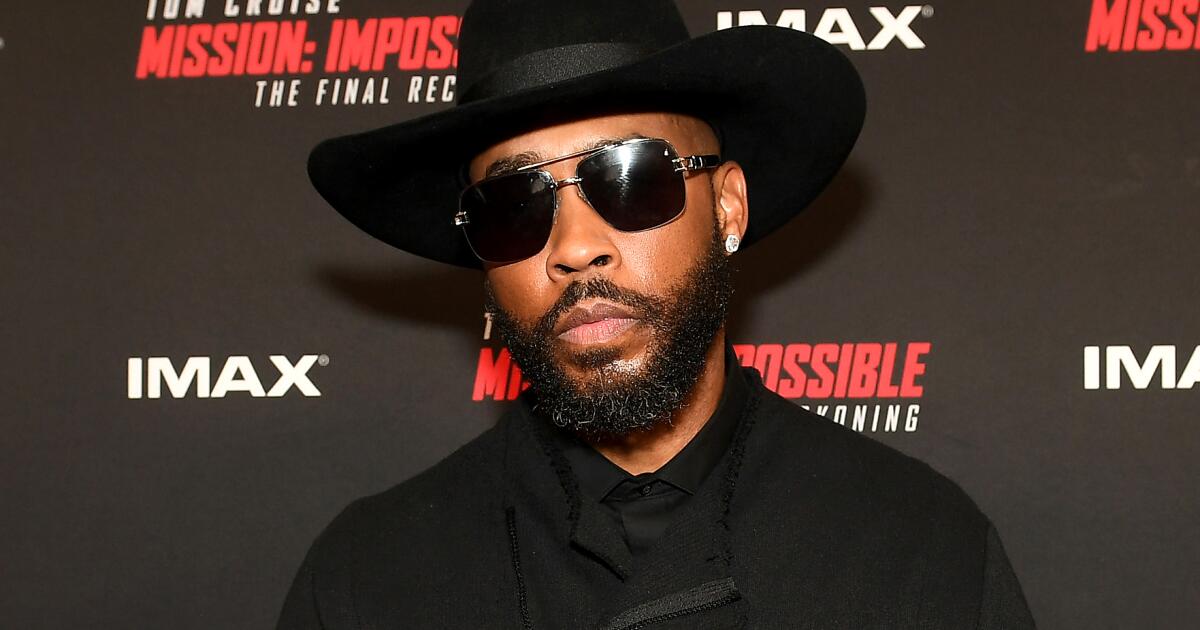Montell Jordan, the son of South L.A. who shot to fame in 1995 with the hit “This Is How We Do It,” says his prostate cancer has returned despite having a radical prostatectomy last year.
“We thought [the cancer] was all confined, isolated to the prostate,” he said Wednesday on “Today.” “Apparently, that was not the case.”
Jordan said that after his nine-month follow-up exam and testing, doctors noticed a “tiny amount” of cancer cells in the prostate bed — the former site of the gland that was removed — and in some lymph nodes on the left side of his body. He is opting for proton radiation therapy to target the cancer and hormone blockers to reduce or eliminate production of testosterone, a hormone that the Mayo Clinic says is needed for most prostate cancer cells to grow.
The five-day-a-week radiation treatments will be “a 7½-week interruption of life to make sure that I have a longer life,” said the 56-year-old Pepperdine University graduate, who is now a pastor based in Georgia, in addition to continuing to work in the music industry.
After getting prostate exams regularly since he turned 40, he knew his doctor suspected he had cancer when his PSA test results came back elevated. Still, he said, getting the official diagnosis early in 2024 was a shock.
“I still go numb a little bit,” Jordan told “Today.” “I’m the type of person that tries to live a life of moderation in what I eat and what I drink and how I work out. I don’t do alcohol or smoke or any of those things.” He noted that his quality of live has been “fantastic” since his surgery.
However, the biopsy that came back after his prostatectomy showed that his cancer was likely Stage 2, not Stage 1 as originally thought, he said. Stage 2 means that the cancer has grown larger and has possibly spread to nearby lymph nodes. The most recent exam appears to have confirmed that diagnosis.
Jordan said he is talking about his journey because the way that prostate cancer and notions of manhood and masculinity are interwoven means men don’t like to talk about the disease — Black men especially.
The minister, who with his wife, Kristin Jordan, formed the “100% virtual” Master Peace Church operating out of Dacula, Ga., northeast of Atlanta, is also filming a documentary about his experience.
“I’m trying to give a template for people that get diagnosed with this to, one, know they have options available to them,” Jordan said. “And, two, in the mix of what that looks like, it’s OK to cry. It’s OK to shake your fist at God. It’s OK to navigate and do what you need to do, but doing nothing is not an option.”
